Influence of Metal Forging Process on Part Quality
Author: SAIVS Date Published: Sep 27,2024
Forging is a process that deforms metal by applying pressure to obtain the desired shape and properties. It is widely used in the manufacturing industry, especially in producing high-strength, high-reliability parts. However, an incorrect forging process may lead to defects such as cracks in the parts, affecting product quality. In this paper, we will discuss in depth the impact of the forging process on the quality of the parts and put forward the corresponding improvement measures.
Advantages of forging
Compared with casting, forging has the following advantages:
Dense organization: forging can eliminate the casting of porosity, inclusions, and other defects so that the metal organization is more dense, and improve the strength and toughness of the material.
Excellent performance: the Mechanical properties of forged parts are usually better than castings of the same material, and can withstand higher loads and harsher working environments.
Continuous fiber structure: forging can make the fiber structure of the metal more continuous, and improve the fatigue resistance of parts.
Forging defects and cause analysis
One of the common forging defects is cracking. Cracks are usually associated with the following factors:
Irrational Mold design: The radius of the round corner of the mold is too small, and the mold cavity design is irrational, which will lead to stress concentration and trigger cracks.
Improper forging process parameters: forging temperature is too high or too low, deformation speed is too fast, etc. will affect the plasticity of the material, increasing the risk of cracks.
Material defects: Defects within the material, such as inclusions, porosity, etc., can also be a source of cracks.
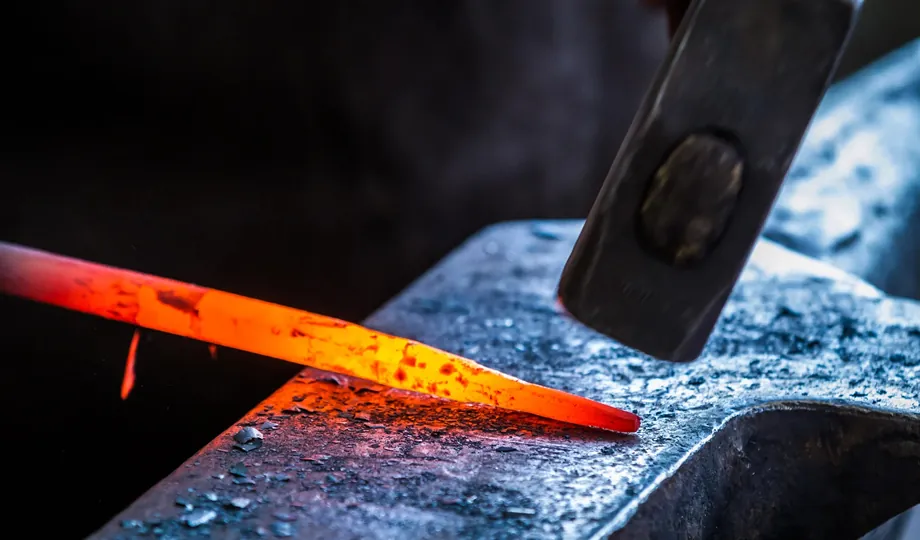
Crack analysis and improvement measures
Through the microstructure analysis of cracks and in-depth study of the forging process, it can be found that cracks are often the result of a combination of factors. To improve the quality of forgings, the following improvement measures can be taken:
Optimize the mold design: increase the radius of the rounded corners of the mold, reasonably design the shape of the mold cavity, and reduce the stress concentration.
Strict control of forging process parameters: according to the characteristics of the material and the requirements of the parts, reasonable determination of forging temperature, deformation rate, and other process parameters.
Improve the quality of materials: choose stable quality raw materials, and carry out strict inspection of raw materials.
Strengthen process monitoring: through online monitoring and other means, real-time monitoring of temperature, pressure, and other parameters in the forging process, timely Detection and correction of abnormal conditions.
Conclusion
The forging process has a crucial impact on the quality of parts. By deeply analyzing the causes of cracks and taking corresponding improvement measures, the quality of forgings can be effectively improved. In addition, strengthening the monitoring and management of the forging process is also an important part of ensuring product quality.
Why Choose SAIVS™ as Your Supplier?
1.Superb Quality Control Management
At SAIVS, we take pride in our perfect quality management systems and procedures, which guarantees the excellent performance of all our producs, being a professional Investment Casting | Die Casting| Sand Castingmanufacturer in China.
2.Rich Production Experience
With 20 years of experience in production, SAIVS has a deep understanding of the market and trends, and strives for continuous research and innovation. This has created advantages in both the product's performance and appearance.
3.Competitive Prices
As a Chinese factory committed to becoming the most cost-effective Investment Casting | Die Casting| Sand Castingexporter in China, SAIVS provides high-quality products at advantageous prices. By lowering costs and increasing efficiency, we ensure that our customers receive the best possible value for their investment.
4.Perfect After-sales Service
At SAIVS, we strive to provide superior customer service that meets and exceeds expectations. We are always available for any questions or concerns you may have, and we stand by our commitment to providing excellent after-sales support.
Related Posts
-
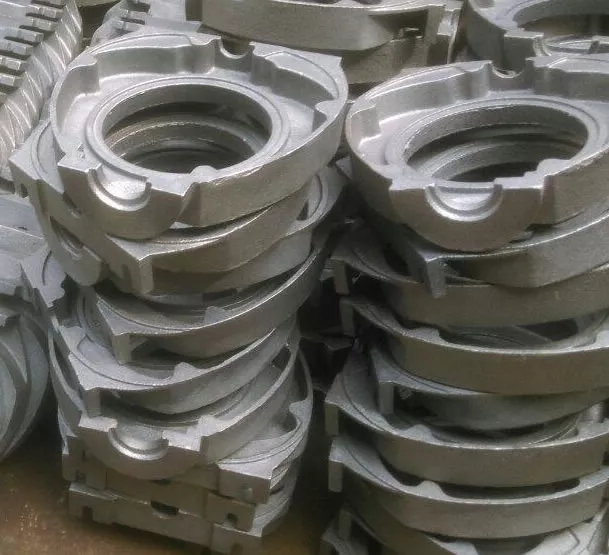
High-quality Heat Resistant Steel Casting from China Manufacturer
Heat resistant steel casting refers to a type of casting that can withstand high temperatures, making it ideal for use in environments where extreme heat is pre...
-
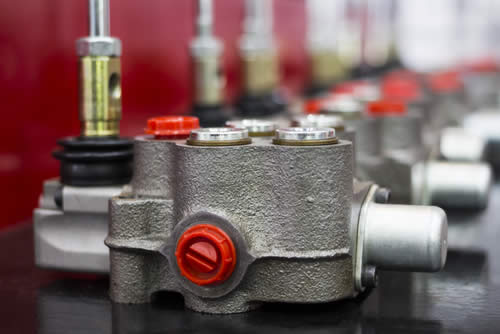
why zinc die casting is used for automotive components
The zinc die casting process is widely used for making components in industrial and building sectors, but the most common application of it is in the automotive...
-
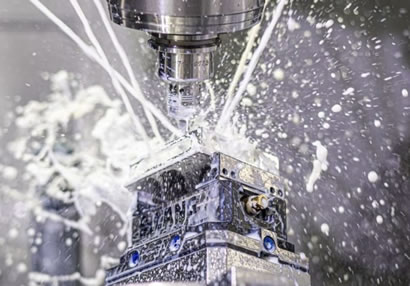
How CNC Machining Is Changing the Medical Industry
Digital motors, sophisticated software, and specialized cutting tools are yielding precision, repeatability, and scalability in CNC machining.Products, devices,...
-
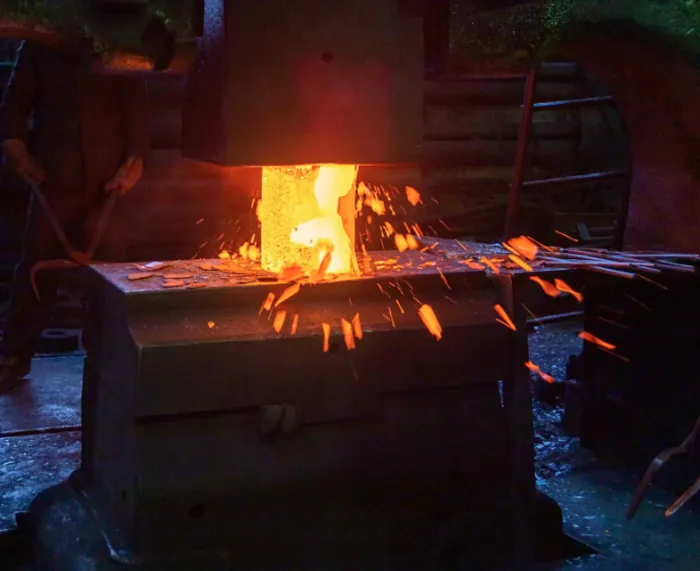
Cold Forging And Hot Forging:What Is The Difference
Forging is a widely used manufacturing process that involves shaping metal by applying compressive forces.Two primary methods of forging are hot forging and col...
-
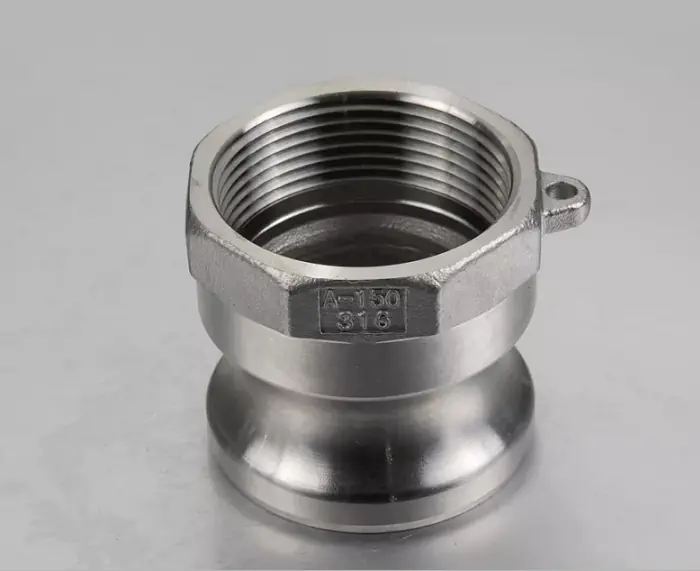
The Advantages of Stainless Steel Casting for Camlock Couplings
Camlock couplings are widely used for fast and secure connections in various industries, especially where hoses and pipes need to be frequently connected a
-
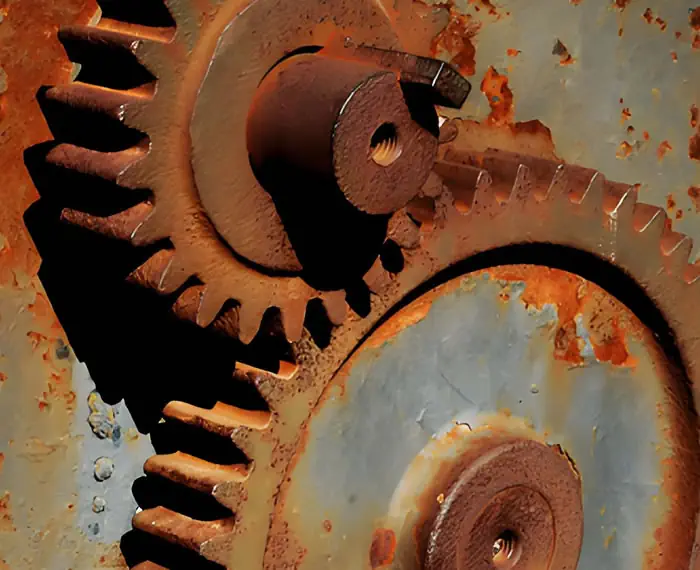
Guide to Choosing Corrosion-Resistant Metals for Industrial Use
Understanding Corrosion-Resistant Materials: Essential Knowledge for Reliable, Long-Lasting ComponentsIn various industrial applications, corrosion-resista

